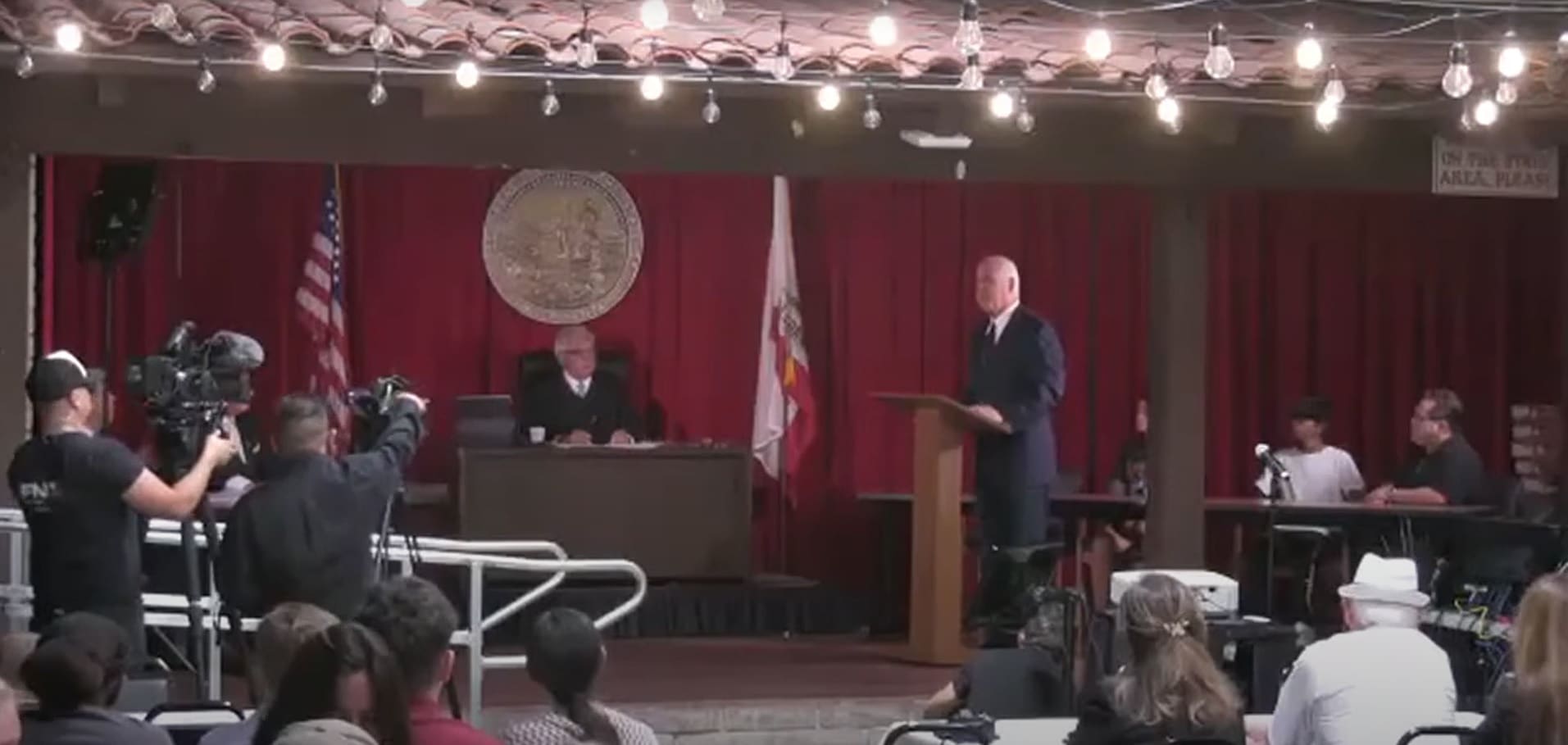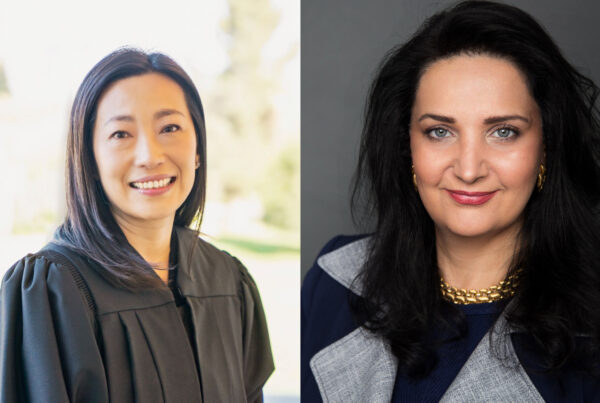The San Bernardino/Riverside Chapter of the American Board of Trial Advocates won the 2022 Small Chapter of the Year award at ABOTA’s Annual Awards Gala in Whistler, British Columbia, Aug. 19.
Small chapters are organizations with 99 or fewer members. The other finalists were the Rio Grande Chapter and the Tennessee Chapter.
“Under the leadership of Chapter President Judge (John) Pacheco, a hard-working Executive Committee, and the active engagement of chapter members, the chapter had an extraordinary 2022,” said Steven Quattlebaum, national ABOTA president, by email Nov. 16.
“The chapter received this recognition not just for one effort, but many. The members consistently cultivated a








